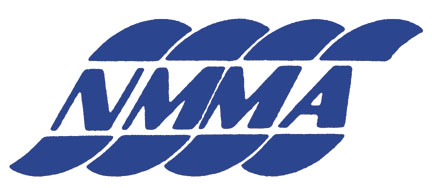TC-W3: What Does It Test?

Today we conclude our two-part series on the TC-W3 oil certification program, which is headed up by the National Marine Manufacturers Association. As discussed previously, the goals of creating a new two-cycle marine oil standard were two-fold: to reduce the number of pollutants released into the environment and to make engines more sustainable by reducing the mixture ratio to fuel.
Any two-stroke oil on the market today that bears the TC-W3 stamp of approval either meets or exceeds rigorous lubrication requirements that are set by the NMMA. The NMMA performs a series of tests such as fluidity, viscosity and lubricity. In addition, the association looks for carbon buildup on the pistons, which can be a sign that the oil isn’t doing its job.
If you’re in the market for a fresh bottle of outboard motor oil, you could do worse than making your ultimate decision based on TC-W3 certification. The leading two-cycle motor oil brands such as Mercury, Evinrude and Yamaha, all feature specific offerings that make the grade. The blend of additives present in Mercury oil is especially highly touted boat enthusiasts across the country.


Comments